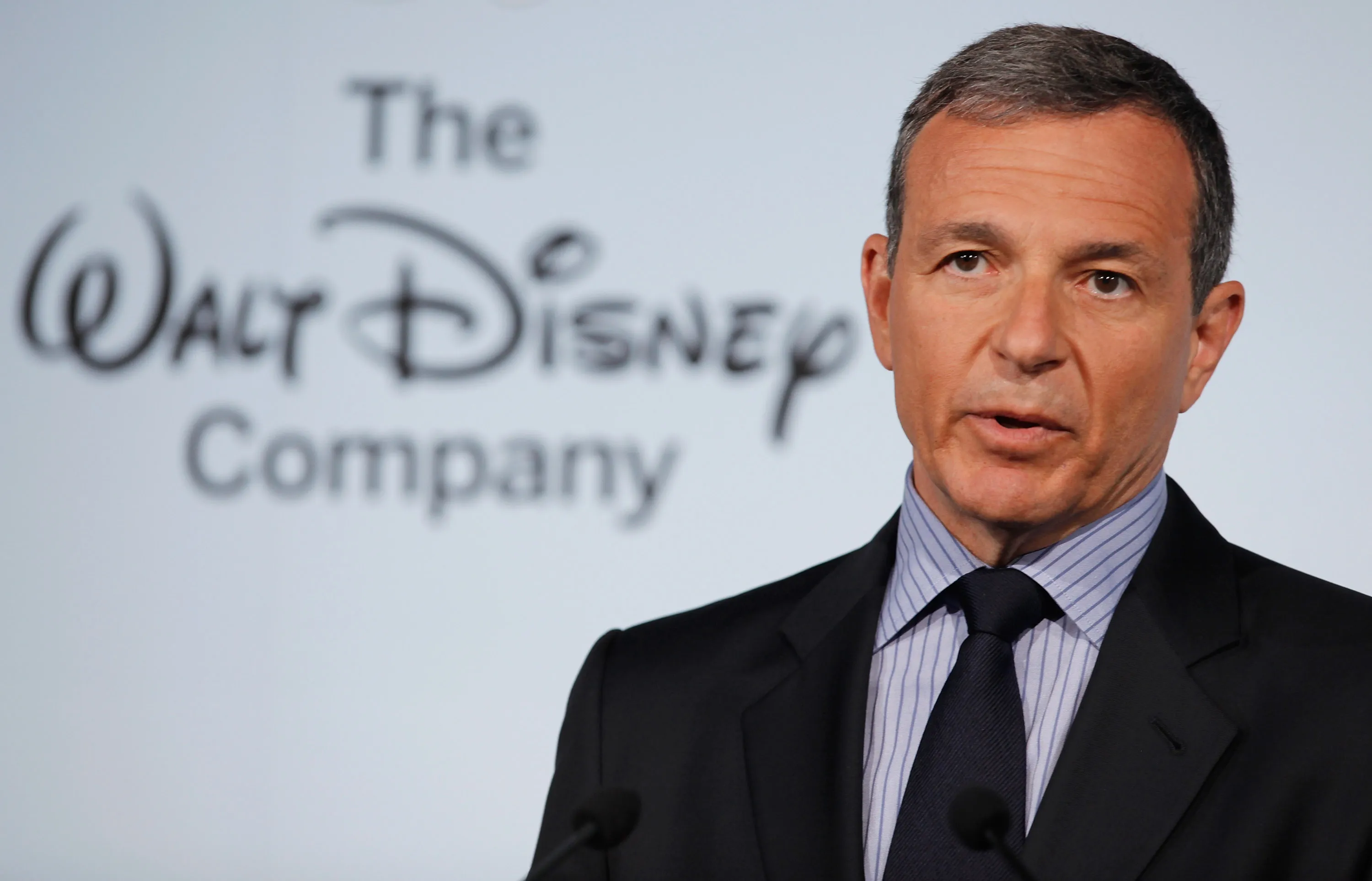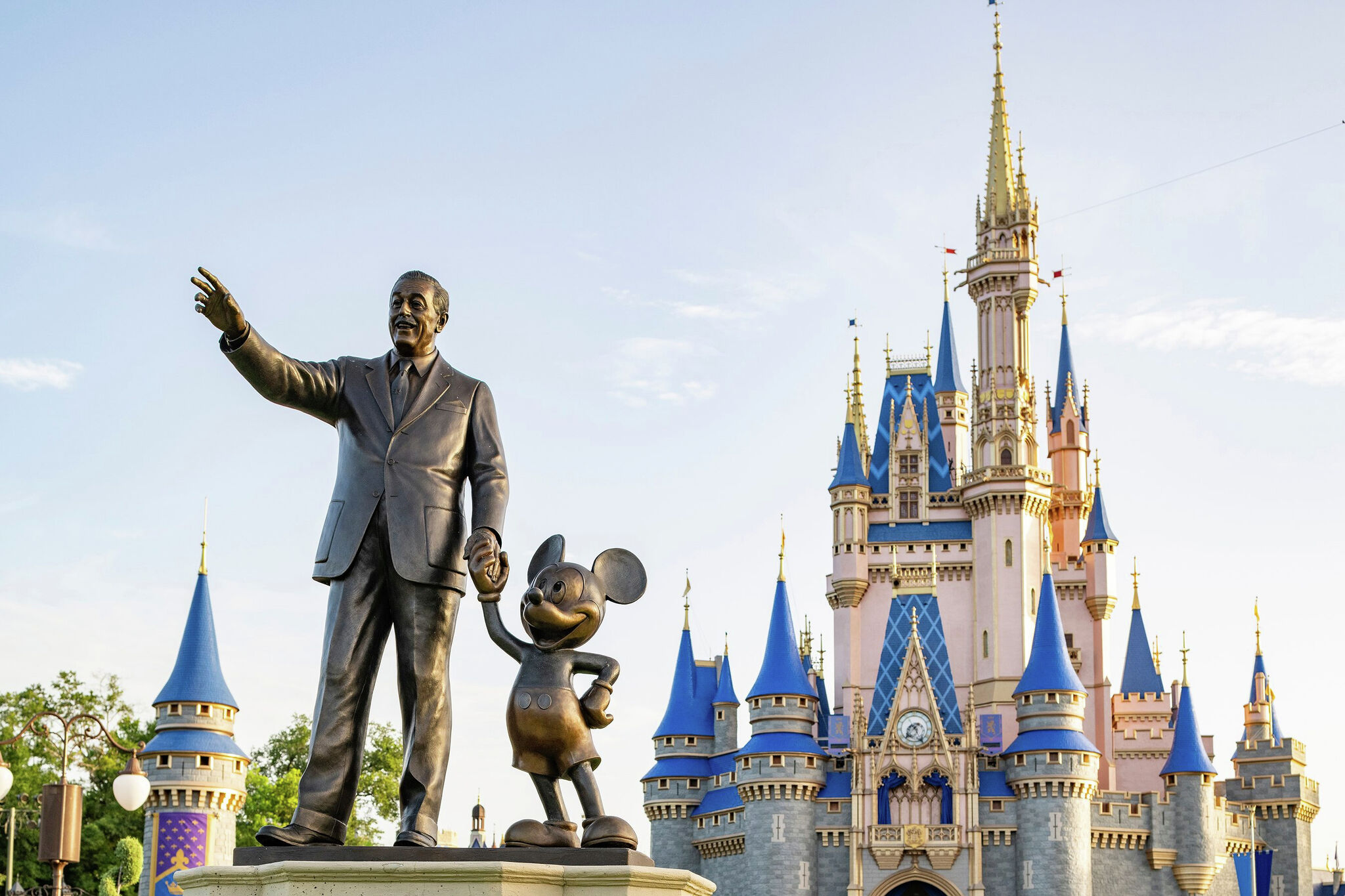In what can only be described as a long-overdue pivot back to sanity, Disney, once a beacon of "woke" culture, has begun to dismantle its Diversity, Equity, and Inclusion (DEI) programs. This move marks a significant shift away from the divisive and often counterproductive practices that have infiltrated corporate America, especially in light of the current administration's push towards traditional business values.
The Background of Disney's DEI Push
For years, Disney has been at the forefront of implementing DEI initiatives, often to the chagrin of its traditional audience. From content warnings on classic films for "negative depictions" to explicit commitments to increase representation in its workforce and media, Disney had positioned itself as a paragon of progressive values. However, these policies have not been without controversy, with many arguing they've led to a dilution of storytelling quality and an overemphasis on political correctness over creativity.
A Change of Heart
Recent weeks have seen Disney make substantial changes, including altering executive compensation metrics from "Diversity and Inclusion" to "Talent Strategy," signaling a focus on merit over identity politics. The company has also quietly removed or revised its "Reimagine Tomorrow" initiative, which aimed to amplify underrepresented voices, and has adjusted its approach to content warnings, softening language to appear less confrontational.
These changes come amidst a broader corporate trend following President Trump's executive orders to dismantle federal DEI programs, which many companies, including Disney, have taken as a cue to recalibrate their own policies.

The Impact on Business and Culture
From a business perspective, this move could be seen as Disney attempting to realign itself with its core audience—families and individuals looking for entertainment rather than ideological lectures. The backlash against "woke" policies has been palpable, with many fans and investors alike expressing fatigue over the politicization of entertainment. Disney's stock performance, which has been under scrutiny, might see benefits from this return to focusing on business outcomes over social agendas.
Culturally, this shift could signal the beginning of the end for what some conservatives decry as "corporate wokeness." It's a move towards recognizing that audiences and shareholders value entertainment and fiscal responsibility over social engineering.
The Political Dimension
The timing of Disney's policy shift isn't coincidental. With the Trump administration's clear stance against what it labels as "discriminatory diversity, equity, and inclusion nonsense," companies are feeling the pressure to adapt. Critics of DEI programs argue they lead to reverse discrimination, promote division rather than unity, and distract from core business objectives. Disney's adjustment might be seen as bowing to this new reality, where business success is measured by traditional metrics rather than by meeting diversity quotas.
The Conservative Reaction
For conservative viewers and shareholders, this is a welcome change. There's a sense of vindication that one of the largest entertainment companies in the world is acknowledging the potential missteps of its previous DEI initiatives. It's a step towards restoring faith in Disney as a company that can entertain without indoctrinating, one that prioritizes storytelling over social activism.
Looking Forward
Whether this is a complete about-face or a strategic retreat remains to be seen. Disney's actions will be closely watched by investors, consumers, and political commentators alike. Will this lead to a resurgence in creative content that appeals to a broad audience rather than a select demographic? Only time will tell, but for now, Disney's move away from DEI policies is being celebrated by those who felt the company had lost its way in the maze of modern corporate politics.
In conclusion, Disney's retreat from its once-aggressive DEI stance is a nod to the power of consumer feedback and political influence in shaping corporate policy. It's a reminder that in America, businesses ideally serve their customers first, not an ideological agenda. For conservatives, this is more than just a business decision; it's a cultural victory for common sense and a return to values they hold dear.
